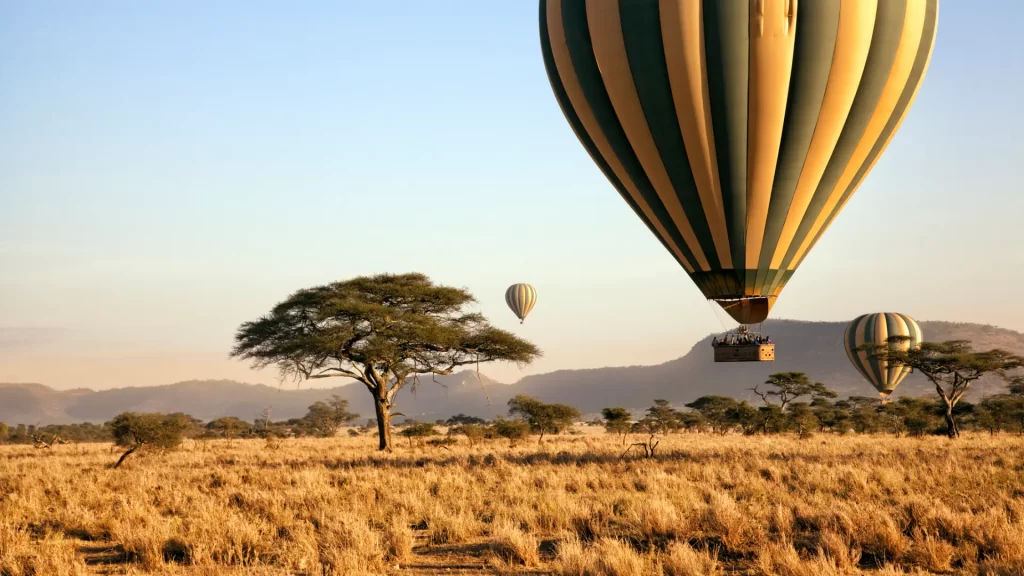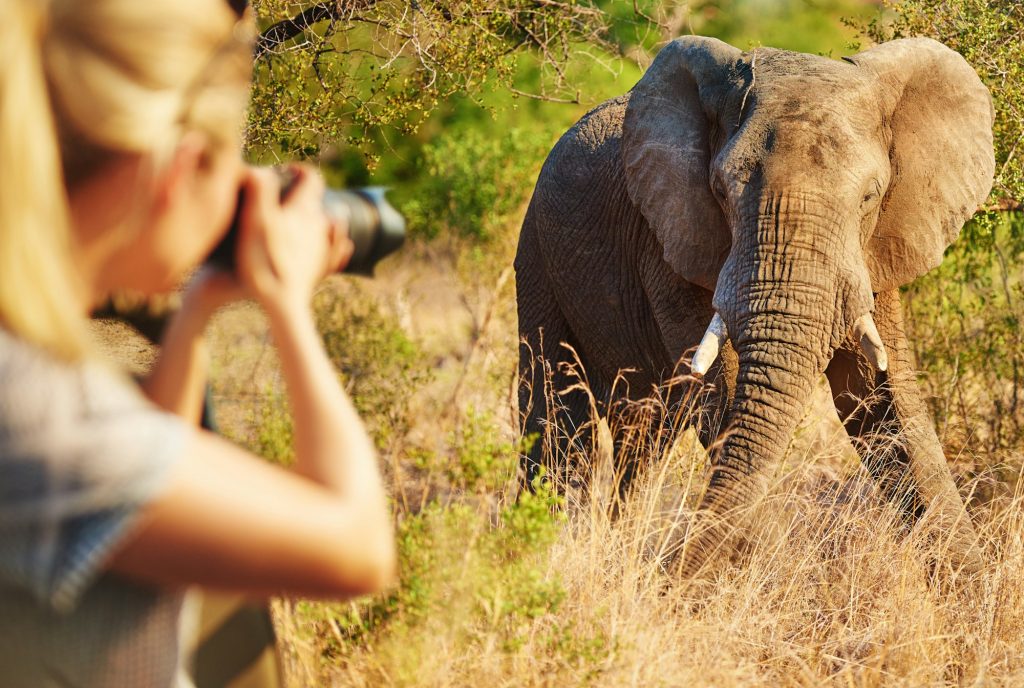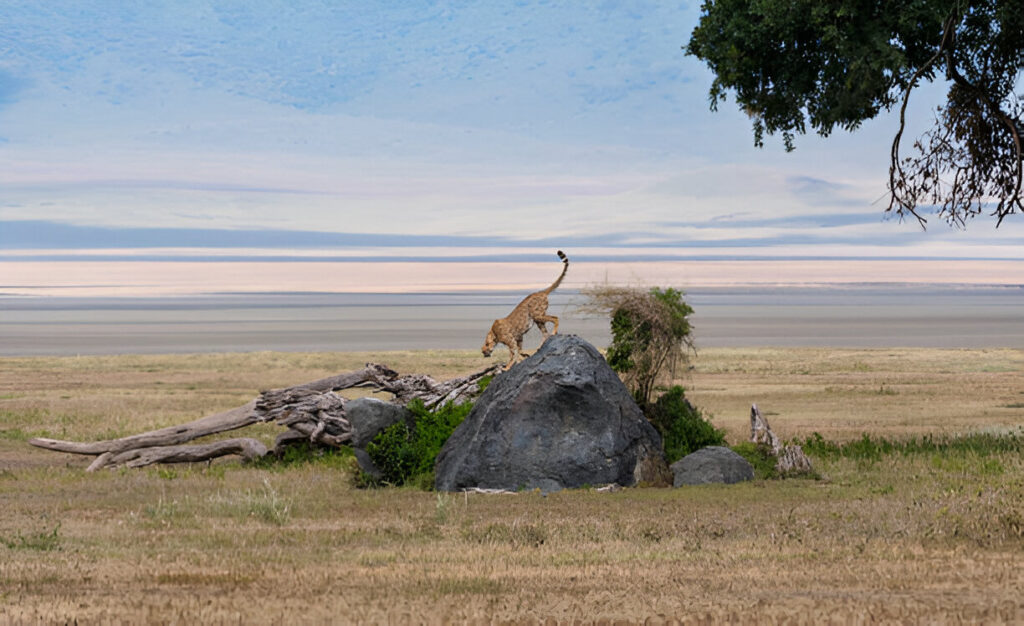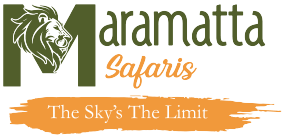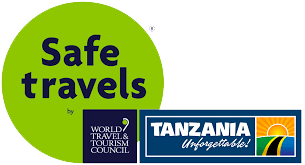Tanzania Safari FAQs with Maramatta Safaris
$260
DAY TRIP
1 PEOPLE
6+ YEARS
HIKING, COFFEE & WATERFALLS TOUR
Planning a Tanzania Safari raises many questions, whether you’re a first-time traveler or an experienced safari-goer. This comprehensive guide answers the most common FAQs, ensuring you have all the information needed for an unforgettable adventure in Tanzania’s world-renowned national parks.
1. When is the Best Time to Visit Tanzania for a Safari?
The best time for a Tanzania Safari depends on what you want to experience:
June to October (Dry Season) – Best for wildlife viewing as animals gather around water sources. Ideal for the Great Migration in the Serengeti National Park.
December to March – Perfect for witnessing the calving season in the Serengeti, when thousands of wildebeests give birth.
April to May (Rainy Season) – Fewer tourists, lush landscapes, and excellent birdwatching in Ngorongoro Crater and Lake Manyara National Park.
2. What Animals Can I See on a Tanzania Safari?
Tanzania is home to incredible wildlife, including:
Big Five: Lion, Leopard, Elephant, Rhino, Buffalo (best spotted in Serengeti, Ngorongoro, and Tarangire).
Great Migration: Millions of wildebeests and zebras crossing the Serengeti and Maasai Mara ecosystem.
Rare Species: African wild dogs, cheetahs, and black rhinos in Ruaha and Selous Game Reserve (Nyerere National Park).
Learn more about Tanzania’s wildlife
3. How Many Days Do I Need for a Tanzania Safari?
3-5 Days: Ideal for short safaris covering Serengeti, Ngorongoro Crater, or Tarangire.
6-10 Days: Allows time for multiple parks, including remote areas like Selous, Ruaha, and Katavi.
10+ Days: Best for an in-depth experience, including the Great Migration, cultural tours, and Zanzibar beach holidays.
View our recommended Tanzania safari packages
4. What Are the Most Popular National Parks in Tanzania?
Serengeti National Park: Best for the Great Migration and predator sightings.
Ngorongoro Crater: A UNESCO World Heritage Site with incredible wildlife density.
Tarangire National Park: Famous for large elephant herds and baobab trees.
Selous Game Reserve (Nyerere National Park): Perfect for boat safaris and off-the-beaten-path adventures.
Ruaha National Park: Great for big cats, wild dogs, and fewer crowds.
Discover Tanzania’s top national parks
5. What Types of Safaris Are Available in Tanzania?
Private Safaris: Exclusive use of a vehicle and guide for a personalized experience.
Group Safaris: More budget-friendly, with shared vehicles and guides.
Luxury Safaris: High-end lodges, private flights, and premium experiences.
Budget Camping Safaris: For adventurous travelers who want a close-to-nature experience.
Fly-in Safaris: Quick access to remote parks via small aircraft.
Explore our Tanzania safari options
6. What Should I Pack for a Tanzania Safari?
Light, breathable clothing (neutral colors to blend into nature).
Comfortable walking shoes and sandals.
Binoculars and a camera for wildlife photography.
Sunscreen, insect repellent, and a hat.
A reusable water bottle for hydration.
See our complete Tanzania safari packing list
7. Do I Need a Visa to Visit Tanzania?
Yes, most travelers need a visa. You can obtain it:
Online through the Tanzania e-Visa portal.
On arrival at major entry points like Kilimanjaro International Airport.
At Tanzanian embassies worldwide.
Apply for a Tanzania visa online
8. Is It Safe to Travel to Tanzania?
Yes, Tanzania is a safe and tourist-friendly country. To ensure a smooth trip:
Follow your guide’s instructions.
Avoid walking alone at night in cities like Arusha and Dar es Salaam.
Use reputable safari operators like Maramatta Safaris.
Read our Tanzania travel safety guide
9. How Can I Combine a Safari with a Zanzibar Beach Holiday?
Many travelers end their safari with Zanzibar’s pristine beaches. Common itineraries include:
7-10 Days Safari + Zanzibar: Explore Serengeti, Ngorongoro, and Tarangire, then relax in Zanzibar.
Luxury Fly-in Safaris: Direct flights from Serengeti to Zanzibar.
Adventure Packages: Safari + diving/snorkeling at Mnemba Atoll.
Plan your Tanzania safari and Zanzibar beach holiday
10. Can I Book a Custom Tanzania Safari?
Absolutely! Maramatta Safaris offers:
Tailor-made itineraries to match your preferences.
Options for luxury, mid-range, and budget safaris.
Personalized guidance from expert safari planners.
Request a Custom Safari
Why book with us
- Customer care available 24/7
- Hand-picked Populer Tours & Activities
- Tailor Made Your Own Itineraries
- The airport Pick-up and Transfer
- Best Accommodations
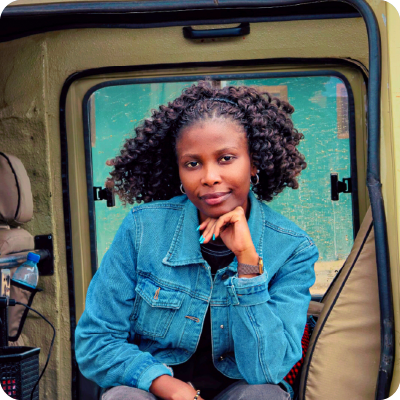
Ready to explore more?
Our travel experts are ready to start creating your tailor-made trip.
For More Exciting & Better Value Safari.
